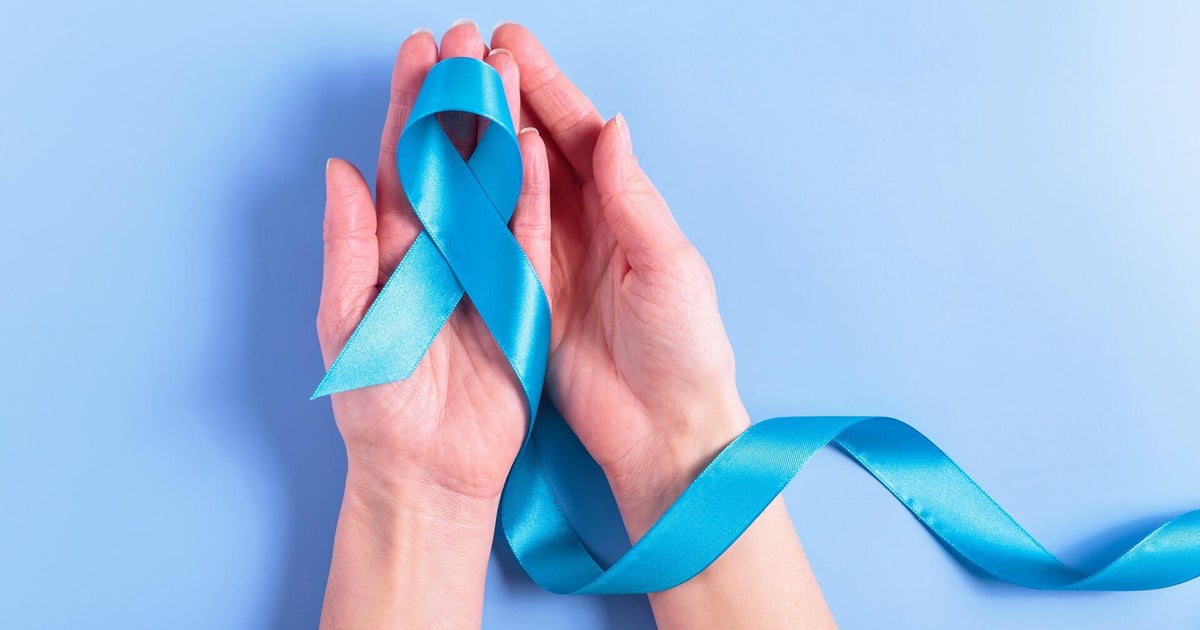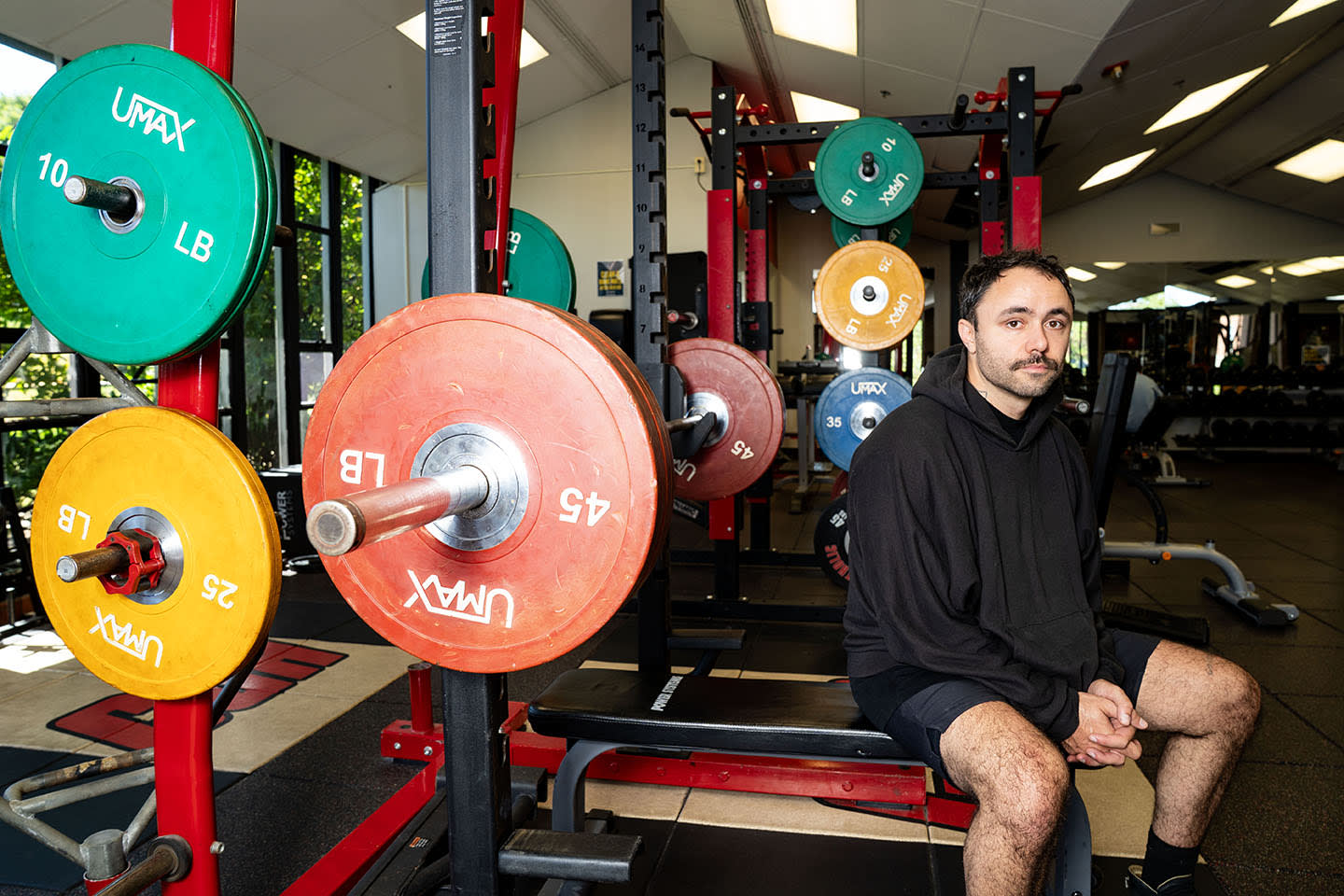Could just a few minutes of daily activity cut your risk of cancer? New study offers clues.
Could just a few minutes of vigorous activity each day reduce your risk of certain cancers? New research is pointing to a potential connection.
Published Thursday in the journal JAMA Oncology, the observational study found that doing four to five minutes a day of "vigorous intermittent lifestyle physical activity," or VILPA for short — such as one- to two-minute bursts of fast walking or stair climbing — is associated with a "substantially lower cancer risk" compared to those who did no such activity.
"It's quite remarkable to see that upping the intensity of daily tasks for as little as four to five minutes a day, done in short bursts of around one minute each, is linked to an overall reduction in cancer risk by up to 18 percent, and up to 32 percent for cancer types linked to physical activity," lead author Emmanuel Stamatakis, professor at the University of Sydney, Australia's Charles Perkins Centre said in a news release.
He explained that it's similar to "applying the principles of High-Intensity Interval Training (HIIT) to your everyday life." The news release notes this includes activities like:
- Vigorous housework
- Carrying heavy shopping around the grocery store
- Bursts of power walking
- Playing high-energy games with kids
The study followed more than 22,000 self-reported non-exercisers with an average age of 62, using data from wearable devices to track daily activity. The participants' clinical health records were also monitored for cancer for nearly seven years.
"We know the majority of middle-aged people don't regularly exercise which puts them at increased cancer risk but it's only through the advent of wearable technology like activity trackers that we are able to look at the impact of short bursts of incidental physical activity done as part of daily living," Stamatakis said. "We need to further investigate this link through robust trials, but it appears that VILPA may be a promising cost-free recommendation for lowering cancer risk in people who find structured exercise difficult or unappealing."



